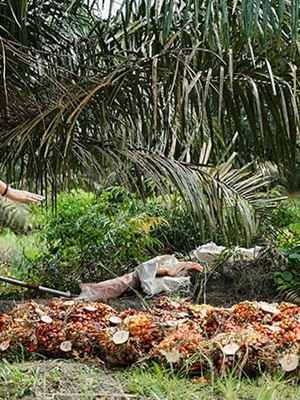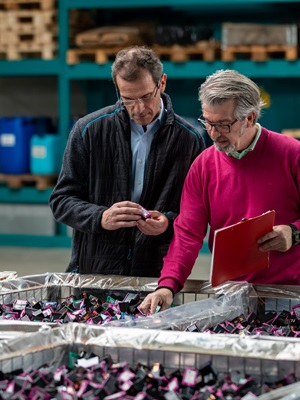The sustainable growth equity space has some of the most exciting impact investment opportunities. The growing number of unicorn companies in areas such as clean tech is attracting much more institutional capital in the last year or so.
The challenge for these growth companies is finding out who are right investors and who brings the most strategic value. This isn’t as straightforward as it might seem, because even now there are supposedly sustainable investment platforms who favour short term returns over long term impact.
It comes to down to alignment around purpose and values. Private equity isn’t always the best option. As one sustainable business executive told me, there’s still a lot of greenwashing in this space, where you have private equity funds dressed up as impact.
From start-up to unicorn, you need backers who share the vision. Businesses like this are best for investors that can take a really long-term view, expect nothing for a couple of years and then look to see exponential growth. Don’t look at it quarter-by-quarter. That’s a distraction for the business, because when you’re building relationships or partnerships, and you’re really scaling in sustainability, what you want to look at is the continuum.
In the seed rounds, businesses will typically have family money come in. In the later rounds, it will likely be more strategic investors, who can help the business build scale. The brains behind the business will want to see who has the right strategic vision and who brings the right combination of real scale without being ridiculously aggressive on valuation and other terms.
Private equity funds are still crucial in channelling institutional money and global sovereign or pension fund investors are now active in the sustainable growth equity space. The Asia Pacific region has many of the best opportunities, from decarbonisation to blue ocean tech. In 2024, the region’s biggest and most influential investors are all now committing capital and resources to the space.
Hong Kong Investment Corporation’s $8 billion portfolio is making its first investment in start-ups in three major sectors – hard and core technology, biotechnologies, and new energy and green technologies.
New Zealand Super has a new investment focus within its overall approach to sustainability, specifically targeting sustainable growth transition opportunities in climate and non-climate sustainable transition-focussed investments. These include industrial and manufacturing sectors, chemicals and materials, energy efficiency and green fuels; and food and agriculture.
In Singapore, Decarbonisation Partners, the JV between Temasek and BlackRock, raised a higher-than-targeted $1.4 billion for its first fund, which has already invested in seven companies including low-carbon hydrogen firm Monolith, biotechnology firm MycoWorks and electric battery material firm Group14.
Examples of GenZero's project partnerships include an investment in Tropical Asia Forest Fund 2, managed by New Forests, an investment manager of nature-based real assets, and a joint venture with social impact project developer C-Quest Capital to fund deployment of clean cookstoves to rural households in Southeast Asia.
The venture and late-stage growth equity fund, which will focus on companies that can help accelerate the transition to a low-carbon economy, has received investments from more than 30 institutional investors from 18 countries, including public and private pension funds, sovereign wealth funds and family offices, helping it pass a $1 billion target.
The hope is that investment can be allocated more broadly across the various sub-sets of climate and sustainability. Anyone who has spent time on the oceans knows that marine pollution is a chronic problem, but it doesn't get anything like the funding given to green energy and infrastructure. Cleaning up the existing mess in our oceans is seen by many investors and environmental groups as one of the hardest nuts to crack, because the investment returns are relatively meagre. But it's encouraging that big investors like NZ Super are now investing in things like developing alternatives for plastic packaging and alternatives for single-use plastic products. There are many new tech businesses gaining backing that have the potential to minimise the damage in future. Watch this space.
Posted 05/08/2024

















